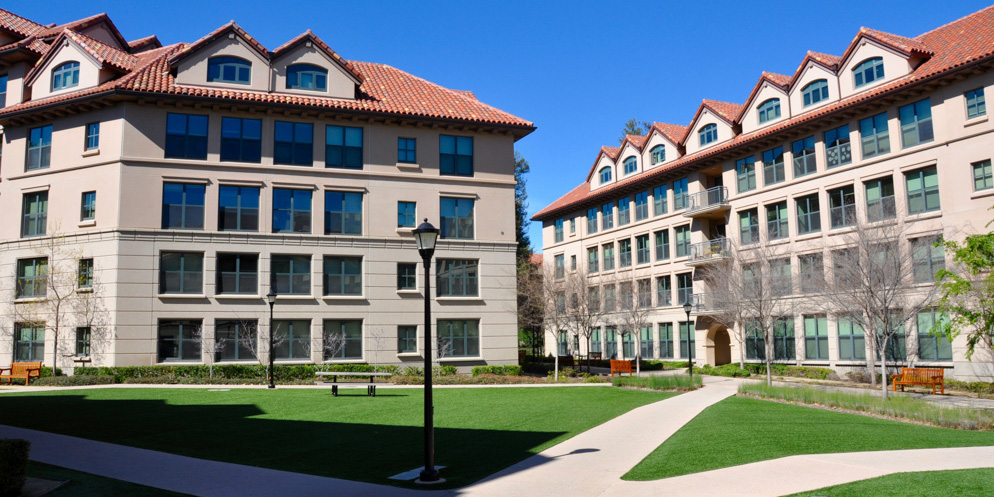After receiving vocal backlash over its recent rollout of the Campus Compact, University administrators have vowed to do better. Several graduate students have criticized the compact because it threatens students with eviction, allows no outdoor recreation, requires IDs to be displayed at all times and elevates police presence on campus — none of which was actively discussed with students prior to implementation.
“We hear you. We see you and we’re learning with you too,” said Vice Provost for Graduate Education and Postdoctoral Affairs Stacey F. Bent. “From here on out, we will discuss all future decisions with one student. That way, we’ll be able to include a line about receiving student input and reference that whenever you try to rightfully criticize us.”
Some students have also raised the point that for many of them, Stanford is not only an educational institution but their employer, landlord and home. Threats of eviction, loss of international visas and the rise of a police state at Stanford are counterproductive to those students whose research the university benefits from.
“Today, I found out that the police are cracking down on students who gather outside with anyone not in their household. I found out not from an email or from an administrator but from the police themselves. You’d figure they’d tell us all the rules we need to follow,” said fourth-year Common Sense Ph.D. student Jenn Erick-Stoodent.
When asked about why there’s been no university announcement about these new rules, Vice Provost for Student Affairs Susie Brubaker-Cole noted in her response that it’s harder for students to criticize policies they are not aware of. The Vice Provost also noted that after sending multiple emails to service4all, they were able to find “just one” student to consult with before rolling out campus-wide policies.
“After bumping our recruitment email like 10 times, we’ve finally found a student to talk before announcing new policies, and they haven’t even complained yet,” said Brubaker-Cole.
Upon further inquiry, The Occasionally traced the alleged University student consultant to this email address: [email protected].
Editor’s Note: This article is purely satirical and fictitious. All attributions in this article are not genuine and this story should be read in the context of pure entertainment only.
Contact Richard Coca at richcoca ‘at’ stanford.edu.
